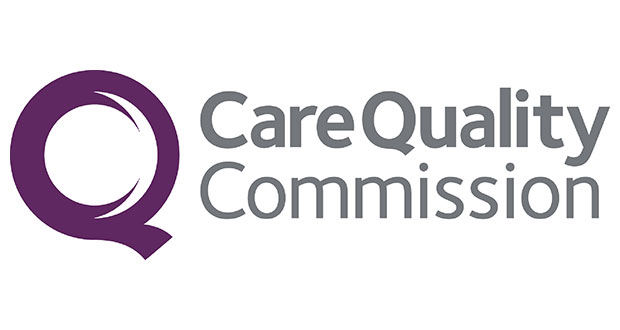Large Care Home Providers Ranked In Which? Analysis
 Half of England’s large elderly care home providers have at least one in four failing homes in their network, according to Which? research.
Half of England’s large elderly care home providers have at least one in four failing homes in their network, according to Which? research.
In an analysis of CQC inspection data for 54 providers operating at least 12 homes in England catering only for the over-65s, some had half or more of their homes classed as inadequate or requiring improvement by the regulator.
Two of the biggest – Four Seasons Group (43rd) and Orchard Care Homes (49th) – finished near the the bottom of the rankings.
More than a third (35%) of 167 Four Seasons homes in our analysis were rated as inadequate or requiring improvement by the CQC, while almost half (46%) of 44 Orchard homes were not up to scratch.
The worst performer, Ideal Care Homes, which runs 16 homes across the Midlands, the North West and Yorkshire, had more than three in five (63%) classed as inadequate or requiring improvement by the regulator.
It was joined in the bottom three by Akari Care Ltd, which had 20 homes across the country in our analysis – 60% of which had poor ratings – and Derbyshire County Council, which had 10 failing homes (50%).
There were some success stories, however. At the top of the table, both Avery, which operates nationwide, and North Yorkshire County Council, had all their homes rated as good or outstanding.
Small homes fared better than large ones. Just 13% of English homes with 10 beds or fewer were rated as inadequate or requiring improvement – but for homes with 120 or more beds, 41% were below par.
Overall, our analysis demonstrates how deep problems with quality and choice run in the care system.
Which? has already heard from more than 1,000 people who have highlighted serious problems with finding high quality, affordable long-term care for elderly relatives.
The consumer champion is warning that the situation could deteriorate rapidly as demand for places starts to outstrip supply in some areas.
Previous Which? research has shown that almost nine in 10 council areas across England are facing a shortfall in care home places by 2022 – and some of those areas already have more than half their beds rated as requiring improvement or inadequate.
Which? is calling on the Government to act urgently on the Competition and Markets Authority’s recommendations on information provision, complaints and unfair charges, and to use its Green Paper to set out how it will deliver a sustainable system that provides affordable, high quality care for all.
Alex Hayman, Which? Managing Director of Public Markets, said:
“Too few providers are able to offer consistent, high quality care – limiting choice for stressed families in a system which is already close to breaking point.
“The Government must now ensure that its Green Paper on care delivers the fundamental reforms needed to secure high quality, affordable care for older people – both now and in the future.”
Responding to a study, Cllr Izzi Seccombe, Chairman of the Local Government Association’s Community Wellbeing Board, said:
“This study sadly reflects the harsh reality of the social care crisis, which is affecting the quality of care provided and its availability. It is a further warning on the sustainability of the care market, which is becoming increasingly fragile.
“There is an urgent need for genuinely new funding and long-term reform of the sector, if councils and providers are to address the severity of challenges facing the provider market to ensure people receive high quality care at the right time and in the right place for them.
“There is an estimated £1.3 billion funding gap between what providers say they need and what councils currently pay. This is an immediate and annually recurring gap that is impacting on the system today, and part of a wider annual £2.3 billion shortfall that adult social care will face by 2020.
“Councils have been doing all they can to protect services that care for older and disabled people and will continue to do so, but if the system continues unchecked then this risks further quality concerns and increasing number of providers either pulling out of contracts or going out of business.
“Urgent action is needed before the reforms promised following this summer’s green paper so that older and disabled people receive quality care that supports their wellbeing and independence and can better plan for the future.
“Government needs to address this in the forthcoming final Local Government Finance Settlement.”





